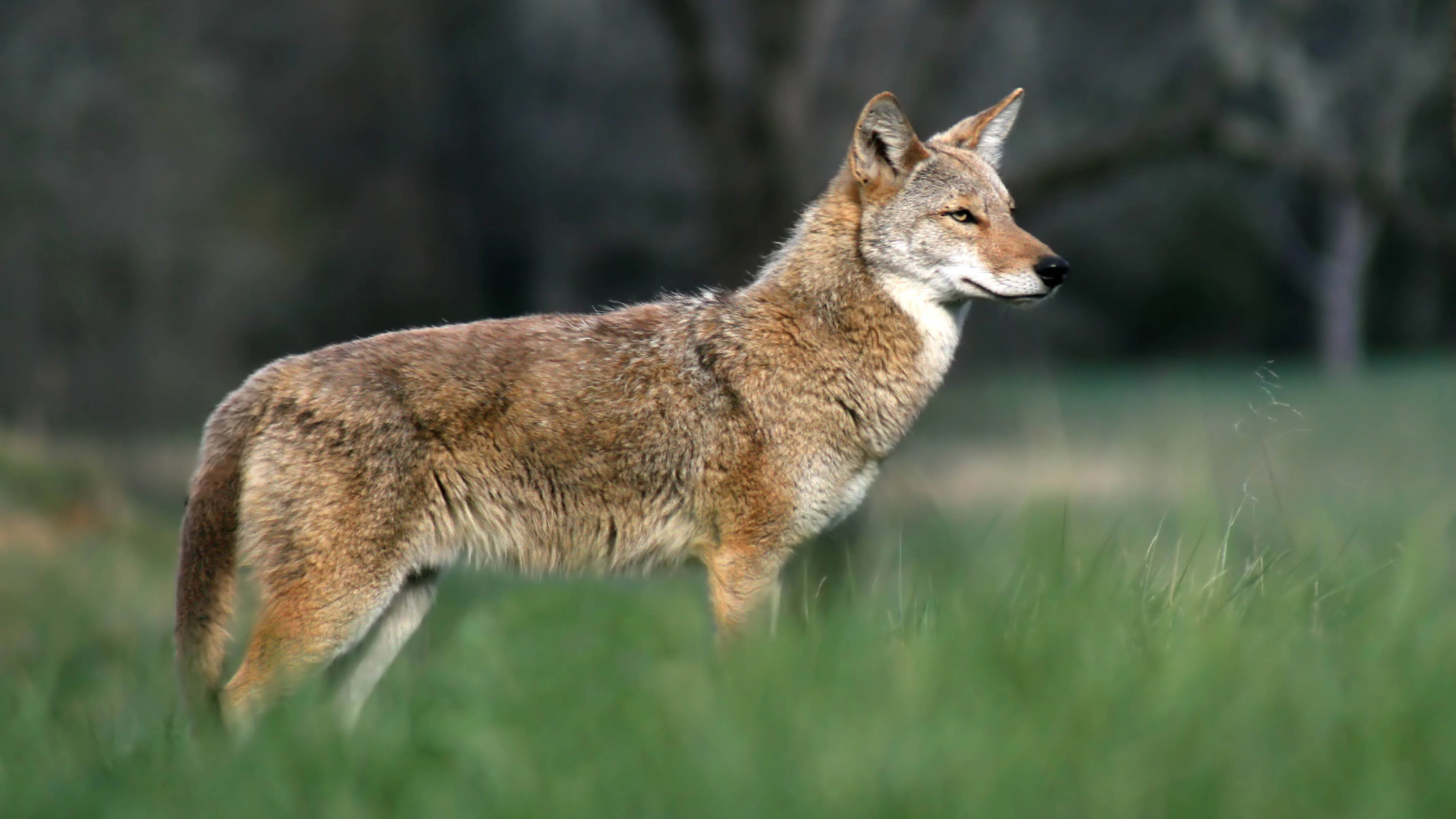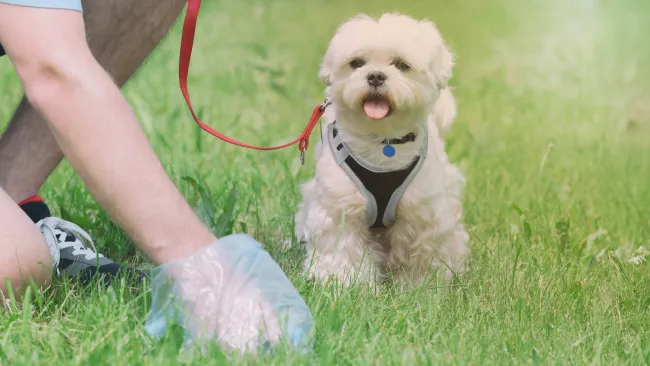Coexisting with wildlife 101
Vaughan is home to many types of wild animals, such as raccoons, skunks, birds, foxes and coyotes. As animals start to leave their dens, an increase in sightings is common. Here are some simple precautions to help you and your family learn how to live peacefully with urban wildlife.
Don’t feed wildlife
Feeding wildlife is the primary cause of animal/human conflict. Directly or unintentionally feeding a wild animal will increase their tolerance to people and pets as they begin to associate people with food. Reconsider having bird feeders on your property as they attract small mammals – like mice, squirrels and rabbits – which encourage larger wild animals to visit your yard.
Not only can feeding wildlife have unintended consequences, it is illegal and subject to a fine of $500 under the City of Vaughan’s Animal Control By-law 066-2020 (PDF).
Stay clear of wildlife
Coyote sightings tend to increase over the summer as coyote pups grow into juveniles (yearlings) and start learning how to forage with their parents. Sightings are also common from September to December as young coyotes leave their dens to establish their own territory.
Although you may want to approach them out of curiosity or to take a picture, the City is reminding everyone to keep a safe distance from coyotes. Going near any wild animal den is not safe for you or the animals living in them. Trapping, disturbing or relocating any wild animal, nest, den or eggs on any public lands is subject to a $900 fine.
Know what to do if you encounter a coyote
If you encounter a coyote, keep your distance and keep pets on a short leash. If the coyote approaches you directly:
- stop: pick up children and small pets, if necessary.
- stand your ground: never run from a coyote, fox or domestic dog.
- make yourself big: wave your hands above your head.
- be loud and assertive: shout, stomp your feet and clap your hands.
- make noise: it could be your voice, pots and pans banged together, a shaker can (such as a pop can filled with pebbles), a plastic bag (snap it around), or an umbrella popping open and closed.
- slowly back away: be assertive as you leave so the animal knows it is not welcome.
Animal Services officers are available to conduct property audits to identify coyote attractants and provide education on how to deter wildlife from your property. For more information and tips, visit vaughan.ca/coyotes.
The Council-approved Coyote Response and Coexistence Strategy (PDF) outlines the City’s response efforts, as well as what you can do to help avoid or reduce interactions with coyotes. The actions outlined in this strategy are designed to increase your knowledge and understanding of how coyotes behave and how to manage their behaviour to reduce or eliminate conflicts.
To report a non-emergency coyote sighting, call the City’s dedicated coyote phone line at 905-303-2025.
Keep your home clean and sealed
Ensure your home is properly sealed so wildlife stays outdoors. Remove attractants and reduce the chance of spreading disease by picking up after your pets. Cleaning outdoor grills and securing recycling and compost bins is crucial to keeping out unwanted guests. Only put out waste on collection days, rather than leaving it at the curb overnight. Collect and store bins and any uncollected garbage on the same day.
Call the City if you see sick or injured wildlife
By-law officers are available 24-7 to respond to calls about sick or injured wildlife. If you see a sick or injured wild animal, report it as soon as possible:
- call 905-832-2281, ext. 2025 or 905-303-2025 on Monday to Saturday from 8:30 a.m. to 4:30 p.m.
- email animal.services@vaughan.ca.
If you’re calling after hours, call 905-832-2281 and press “0” to reach the after-hours dispatch team.
Want to learn more?
Residents can attend education drop-in hours with Vaughan Animal Services to discuss all things wildlife – including coyotes. Drop-in hours take place at Dufferin Clark Community Centre on:
- Tuesdays: 10 a.m. to 11 a.m.
- Thursdays: 1 p.m. to 2 p.m.
For more information about coexisting with urban wildlife, visit the City’s urban wildlife and coyotes webpages.
For updates and news as it happens, subscribe to Vaughan News and follow the official corporate channels on X, Facebook, Instagram and LinkedIn.





